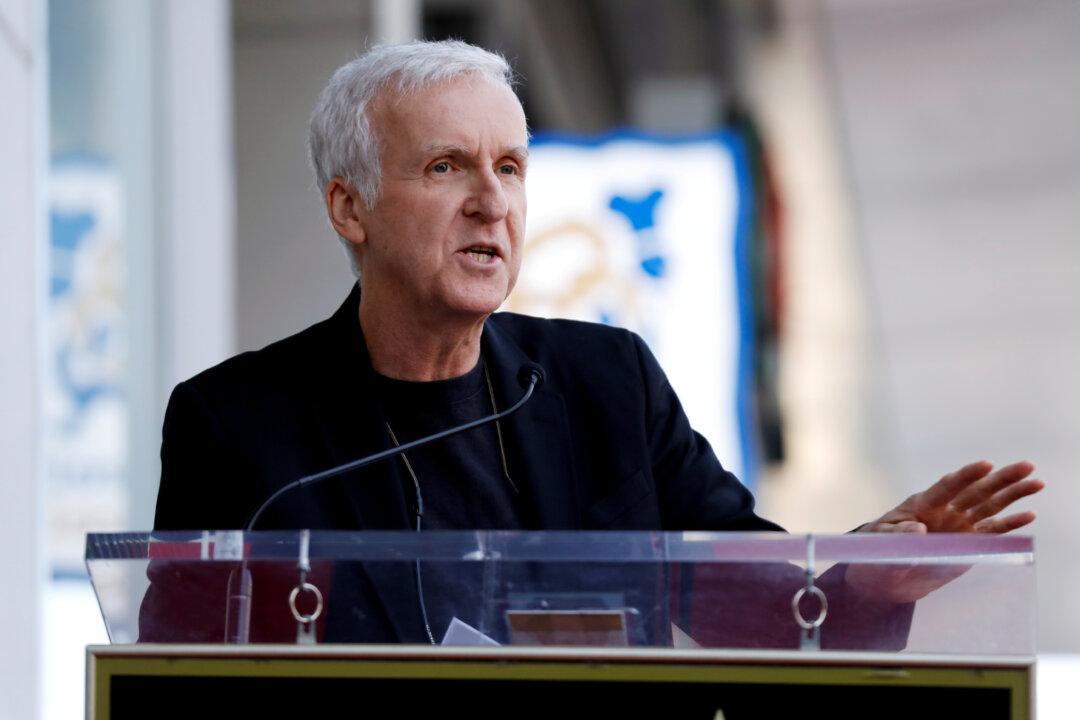Director James Cameron claims he tried to warn people about the dangers posed by artificial intelligence (AI) in his 1984 movie “The Terminator” but that his concerns fell on deaf ears.
Mr. Cameron, who has directed a string of films including “Avatar” and “The Titanic,” made the comments in an interview with CTV News which aired on July 18.




